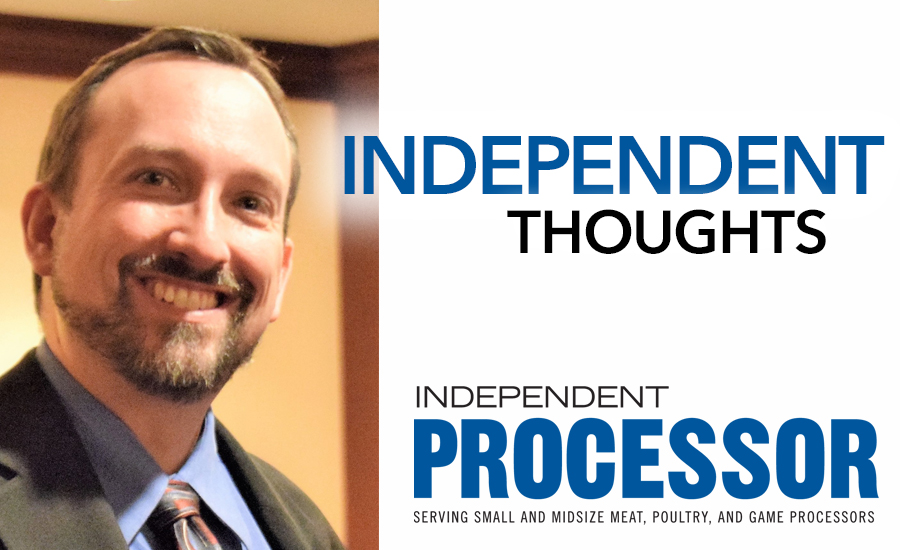Over the last few years, I received a number of press releases from a California company called Belcampo. They marketed all-natural meat products and seemed to be one of the leaders in combining sustainability and profitability. That’s an important combination, too. It’s great to have grass-fed beef and pasture-raised pork that costs 15% to 20% higher than conventional cuts, but if nobody will buy it, you don’t have a successful business model.
Belcampo seemed to have the formula right and kept expanding. It opened new butcher shops and new restaurants. It released new products and business models. Then this week, it all shut down. The company announced that it had closed all its branded operations, including its butcher stores and restaurants. The company is selling out the rest of its stock online. After that, the company may or may not be gone for good. The company’s CEO raised the prospect of a new business model using non-branded products, but Belcampo’s future looks murky at the moment.
What happened? Earlier this year, a former employee made it known that the company had been getting some of its products from outside its normal farmer sources and mislabeling it as Belcampo product. Some of the meat was apparently conventionally raised, too. The company blamed the problems on inadvertent errors made at the one shop and clarified its supply chain. However, the damage was done.
It’s hard to definitively say that the sourcing scandal doomed the company. The foodservice industry is struggling, and labor shortages are causing problems for all types of businesses. But the destruction of consumer trust can’t be overlooked, either. Providing one type of product while calling it something else is a betrayal of consumer trust, and that’s not something that can be quickly forgiven.
In the time I’ve been covering the meat industry, there have been a few different scandals – processing meat from condemned animals, hiring illegal workers, taking shortcuts on wastewater treatment, marking non-halal product as halal. In each case, the scheme worked for a little while but eventually fell apart. The ramifications have included prison time and fines in some instances. Rarely do the companies survive intact. Either they go out of business, or they resume operations under new ownership and new names.
A company can survive a physical disaster like a fire. It can recover from a recall or a fine from FSIS. Recovering from a loss of consumer trust, though, is a monumental task. If shoppers find out that you’ve lied to them about the type or quality of the food they’ve bought, they will take their business elsewhere. The best principle, then, is to be honest in your dealings. Be honest and upfront with your consumers and your business customers. If you have to report bad news, then report it. If you’re struggling to get a project done or keep a product in stock, let people know. People are more inclined to forgive a struggle than they would dishonesty. Your business can take a lifetime to acquire a good reputation (or several lifetimes in multi-generation businesses), but one unethical decision can wreck it all overnight.
Sam Gazdziak
gazdziaks@bnpmedia.com







